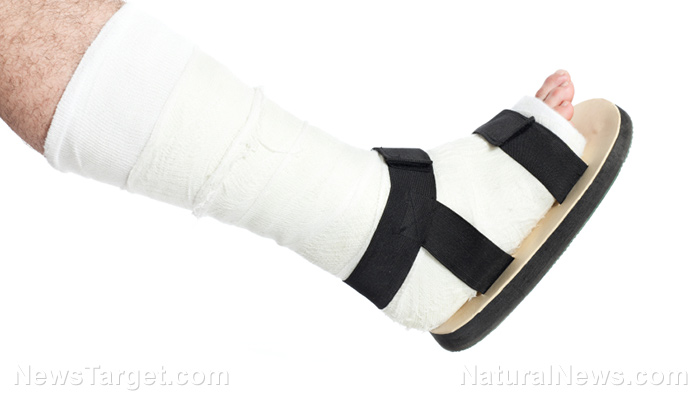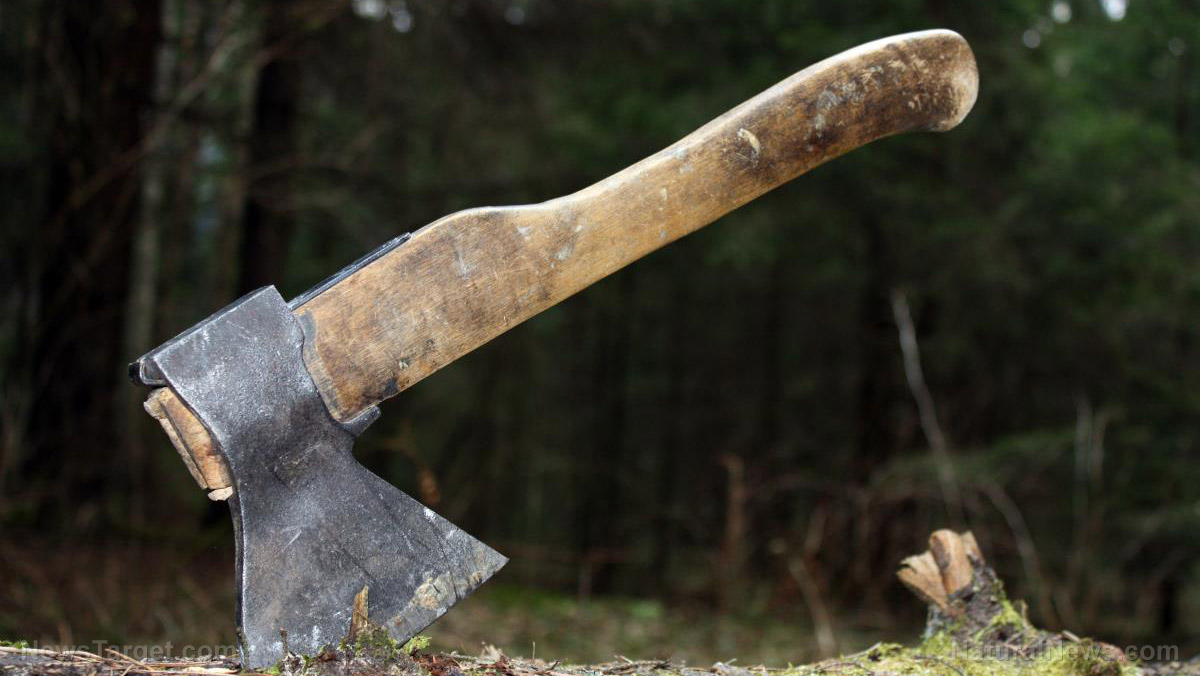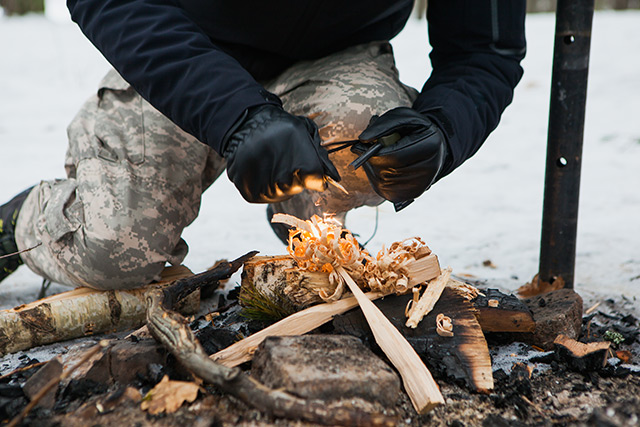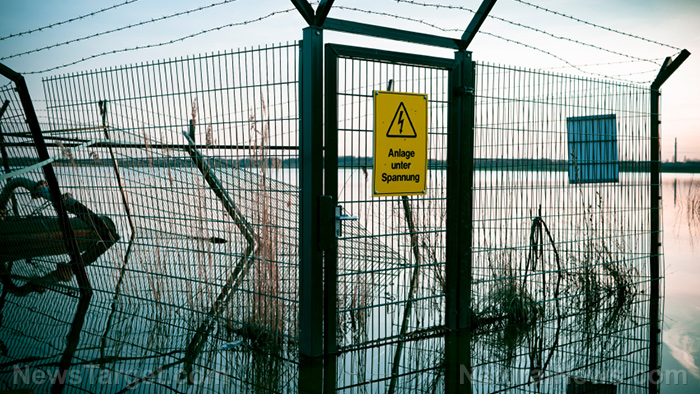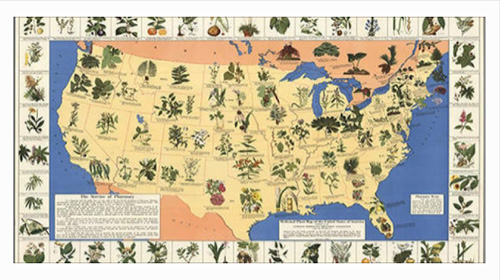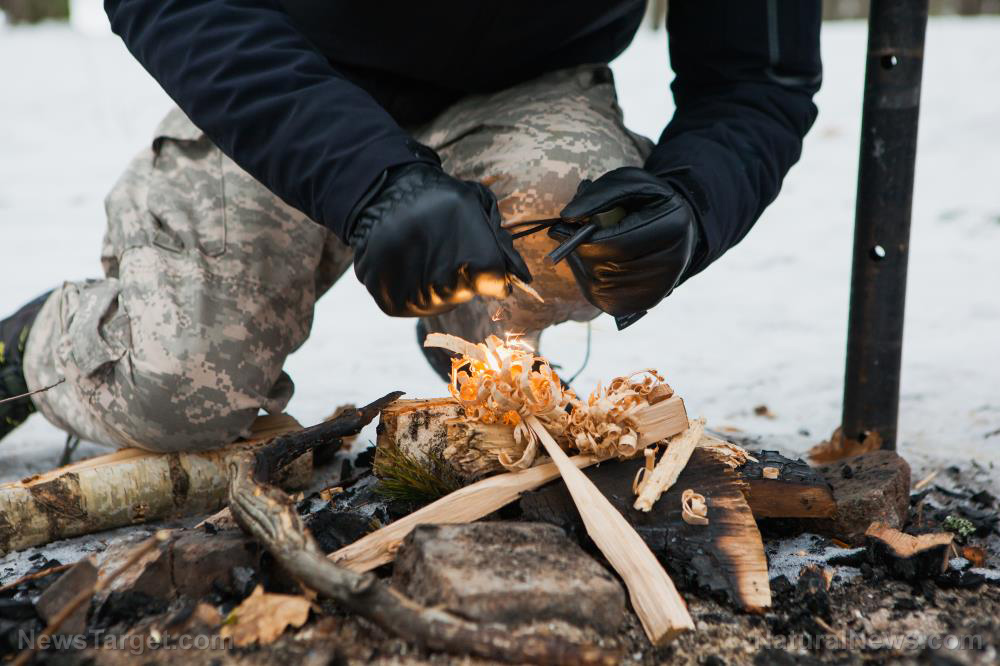How to locate resources when the grid is down
07/17/2018 / By Zoey Sky

Aside from keeping your gear maintained and your supplies stocked, you also need to know where to go if your resources run out. This doesn’t mean looting. You just need to teach your loved ones where they can head if your supply gets dangerously low.
It’s good to be familiar with every nook and cranny of your hometown, but you’ll also benefit from knowing where you can get resources, especially in less-known locations that others might not think to check. (h/t to ThePrepperJournal.com.)
You can try checking schools or correctional facilities for supplies when SHTF. These are great sources of bottled drinks, clothing, food, hygiene and medical supplies, tools, and even weapons from guards (or confiscated items). Make sure to check if these locations have been re-occupied before you start searching. Schools can be turned into shelters during survival scenarios, or prisoners might overrun prisons.
You also need to consider the time of year or the delivery schedule of these institutions. Check for food in cafeterias, snack carts, the staff room, or vending machines.
Even if you don’t find any food in these areas, you can still find other items worth having when SHTF, such as cleaning and disinfecting supplies, trash bags, and trash cans. Other items that you can gather include paper, pencils, pens, and notepads.
Prepping resources when SHTF
Check these resources to determine where you can find gear or supplies when SHTF:
Brochures for area attractions can usually be found in front of hotels and welcome centers. These racks of glossy pamphlets will tell you where to go or what places you must avoid. Don’t forget to check the stack of phone books behind hotel reception desks. These desk areas in hotels or motels can also yield a detailed map of the area.
Brochures will also have maps or turn-by-turn directions from a major roadway or the compass points. Using these brochures, you can find parks with camping, fishing, and RV locations. These handy pamphlets can also reveal the location of restaurants, a wine trail or microbrewery, or an unclaimed luggage store.
Ballparks also receive deliveries of fresh supplies, so check them for the following items and resources:
- Bottled drinks
- Canned goods
- Cleaning supplies
- Coolers
- Paper products
- Powder mixes
- Shelf-stable cheese and chili for dispensers
- Shower facilities
- Team-logo clothing and blankets
Casinos and museums also have concessions and even cafeterias and are worth checking. (Related: Sometimes survival means scavenging (but not looting).)
Stores and supermarkets offer freebie publications like papers and magazines. You might need these if you’re scavenging in your hometown or passing through an unfamiliar city.
Look for vehicle-sales and real estate related books with these references. These books can tell you where the nearest rental or a bank-owned or foreclosed home is, which can be ideal areas to set up camp since they might not be occupied when SHTF.
Car dealerships are worth checking out, especially if you need a replacement part for your vehicle. You might even find a vehicle that can be driven without a key, which will come in handy if you’re in need of a car. Try to remember important cross streets so you can use freebie locations to your advantage.
Phone books might seem outdated, but when you don’t have access to a computer or smartphone, a phone book will tell you where stores and roads are. They might even contain maps, which, while simply drawn, can tell you the general location of what you’re looking for.
Check the white and yellow page listings for animal control centers, which may contain buckets, catch poles, live traps, or radio equipment.
Where to scout for supplies
During a survival scenario, other people might head for “obvious” locations if they need supplies, like supermarkets. As a prepper, you need to know other less obvious locations that these people will overlook, such as a fuel processing plant or distributor instead of a gas station.
Another area that could be overlooked is the local zoo, which will contain animal feed, concession/vending locations, and hunting opportunities. Zoos will also have buckets, cleaning supplies, and various tools like barbed wire or fencing. If you have pets, you can find veterinarian supplies too.
Locations that you can scout for supplies include:
- Animal control, humane societies, petting zoos, sanctuaries, and zoos
- Antiques and automobile auction houses
- Assisted living facilities, clinics, hospitals, and nursing homes
- Berry farms, plant nurseries, nursery suppliers, and you-pick orchards
- Cafeterias, caterers, restaurants, and vending supply companies
- Building and earth-moving equipment rental companies
- Civic centers, casinos, hotels, and museums
- Construction/renovations sites and companies
- Distribution centers for both manufacturer goods and end-point retailers
- Elementary schools, high schools, junior colleges and universities
- Foreclosure/bank-owned real estate and rental homes
- Rental storage units (vehicles and sale supplies, but contents may vary)
- Towing and vehicle maintenance services
- Vehicle fleet services, like those with heavy diesel ratios or rental trucks/cars (also includes internet providers, pest control companies, the power company, and others that maintain a fleet)
- Veterinarian offices, along with racetracks and sanctuaries
Think outside the box. The nearest hospital may not have any medical supplies left, but you can still find a generator or linens. When SHTF, information is just as useful as gear or supplies.
You can read more articles with tips on how to scavenge for resources when SHTF at Preparedness.news.
Sources include:
Tagged Under: bug in, bug out, bug out bag, bugging in, bugging out, Collapse, disaster, how to, multipurpose survival tools, off grid, preparedness, preparedness and survival, prepper, prepping, resources, scavenging, SHTF, survival, survival skills, survival tools, survivalist


